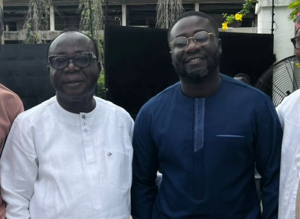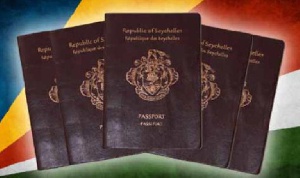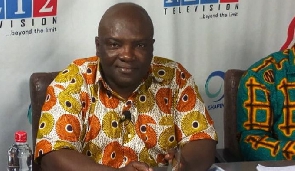Opinions of Sunday, 19 May 2024
Columnist: Anthony Obeng Afrane
Moments when the power of the people prevails
When the power of people prevails over intimidation, it is a testament to the resilience and strength of the human spirit. Throughout history, we have witnessed countless examples of individuals and communities standing up against oppressive forces, refusing to be silenced or cowed.
From civil rights movements to revolutions, from grassroots activism to global solidarity, the collective power of people has shaped the course of nations and societies.
In a democratic election, for instance, it is possible but not guaranteed that a ruling government can win through rigging even when the majority of citizens are against them. Here is why:
Rigging can take many forms, such as voter suppression, ballot stuffing, or fraud, which can potentially sway the outcome.
The ruling government may also have influence over electoral bodies, law enforcement, or the judiciary, enabling them to manipulate the process.
Rigging can also include tactics like disenfranchisement, voter roll purges, or restrictions on voting rights, reducing opposition votes.
However, there are limitations and risks.
Perceived rigging intentions by a ruling party can galvanise the opposition, increasing their support and voter turnout.
Widespread rigging can trigger mass protests, boycotts, or legal challenges, undermining the government's authority.
There are also long-term consequences: rigging can damage the government's reputation, fuel social unrest, and erode democratic institutions.
But while rigging is possible, it is not a guaranteed success, and the ruling government risks significant political and social costs if caught or exposed.
History is replete with many examples of when citizens have stopped a ruling government from rigging an election, and I will enumerate a few of them:
During Ukraine's Orange Revolution in 2004, mass protests forced the government to re-run a rigged election, leading to a democratic transfer of power.
During the 2018 election in Malaysia, citizens voted out the long-ruling Barisan Nasional coalition, despite alleged electoral manipulation, and brought in a new government.
In 2016, the citizens of Gambia rejected a rigged election, and the international community supported the democratic transition, leading to the ousting of President Yahya Jammeh.
Coming closer home, during Nigeria's 2015 election, the people and civil society organisations exposed electoral fraud, leading to a peaceful transfer of power and a democratic transition.
These examples demonstrate that citizen activism, protests, and international pressure can prevent or reverse electoral rigging, promoting democratic accountability and fair elections.













